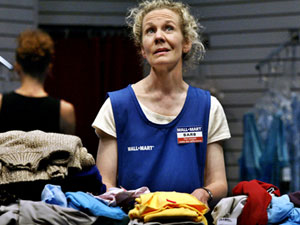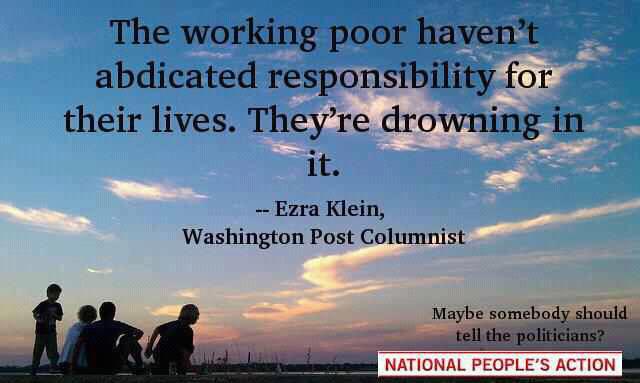I love those brave souls who decide to spend a night or two
homeless so they can understand what they go through. I was one myself. I had my houseless friend take me out, get me
a place to camp out, and I didn’t sleep well, I walked a lot and hung out in
soup kitchens with a lot of folks that made me uncomfortable. And I must apologize to my old self and all
who decide to do this noble deed, but let’s not deceive ourselves: we still
don’t have a clue as to what it means to be homeless.
Homelessness doesn’t begin overnight. It is the end step of
a path of poverty, isolation and regret and resentment. Possibly abuse and horror.
We like to point to things like job loss and mental illness or maybe drug addiction as the source of homelessness. The real cause of homelessness is that no one is there for you. Not really. Perhaps a newly houseless person has a lot of people who will give us a tear on Facebook or to hear about our plight they might say, “That’s too bad,” but no real friends. Because real friends, real family will make sure that we have a place to stay, prevent us from crashing so badly. Perhaps our lack of a support network is our own fault. Perhaps it is because we are too ashamed to tell anyone or because we’ve hurt the people who might want to help. Or perhaps it is because we are too broken by abuse and hatred around us that we can’t maintain a group of friends to support us. But nevertheless, this process isn’t something a person can experience by spending a week outside.
We like to point to things like job loss and mental illness or maybe drug addiction as the source of homelessness. The real cause of homelessness is that no one is there for you. Not really. Perhaps a newly houseless person has a lot of people who will give us a tear on Facebook or to hear about our plight they might say, “That’s too bad,” but no real friends. Because real friends, real family will make sure that we have a place to stay, prevent us from crashing so badly. Perhaps our lack of a support network is our own fault. Perhaps it is because we are too ashamed to tell anyone or because we’ve hurt the people who might want to help. Or perhaps it is because we are too broken by abuse and hatred around us that we can’t maintain a group of friends to support us. But nevertheless, this process isn’t something a person can experience by spending a week outside.
The person staying out overnight know, in their heart of
hearts, that they can stop any time they want.
They can arrange for someone to pick them up. They can be out of the cold, out of the
anxiety of being abused by authorities after a simple phone call. They have no real danger of being raped or
beaten because there is probably someone watching out for them.
And the true danger of homelessness takes time to
experience. For a day or a week camping
a person can plan and prepare. It has
the sense of an adventure—a stressful one, for certain, but not truly
anxiety-inducing. The longer a person is
out on the street—no matter in a car, a tent or an RV in public spaces—the
longer the chronic stress eats at us.
The lack of sleep creeps up on us.
Eventually, we lose the ability to process everything, to make
decisions. Eventually comes the crisis
which we cannot brush aside, the event that cripples our hope. We realize that we can’t control our
lives. That we are adrift and unless
someone kind provides us stability, we will never have it again.
Homelessness isn’t living outside. It is a cancer that devours our minds and we
wonder where the person we were ended up.
It is a lifestyle of living in drama and we want to have peace, but even
if we get some peace we discover that all that waits there is depression and
guilt. This is why most people who are
chronically homeless use alcohol or drugs.
Not because that’s what made them homeless. The addiction is a coping mechanism, so we
don’t feel the shame of people staring at us, the guilt of the mistakes we made
that put us on the street, the anger at those who refuse to help us. For a while, we can just forget and really
rest.
To understand this takes longer than an extended camping
trip. To grasp this, without experiencing it ourselves, we need to listen to
people on the street. To gain their
trust and have them tell us the truth.
To stand with them and give some an opportunity to escape the cycle they
are trapped in.
Compassionate action begins
with empathy.

























